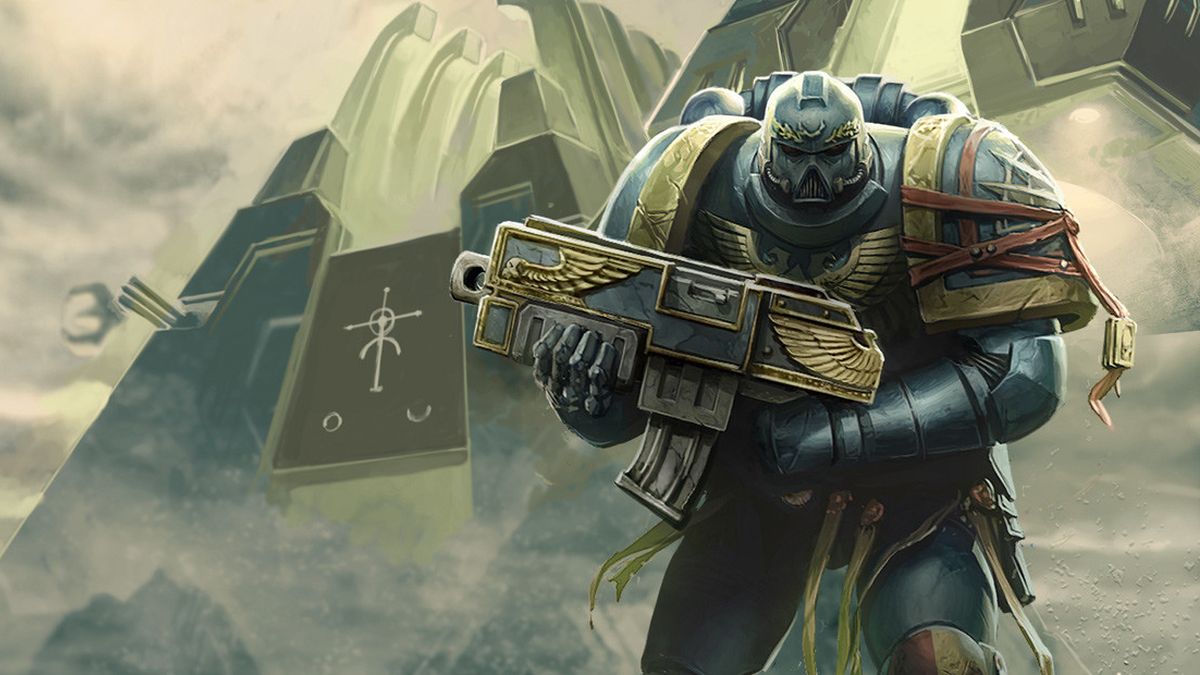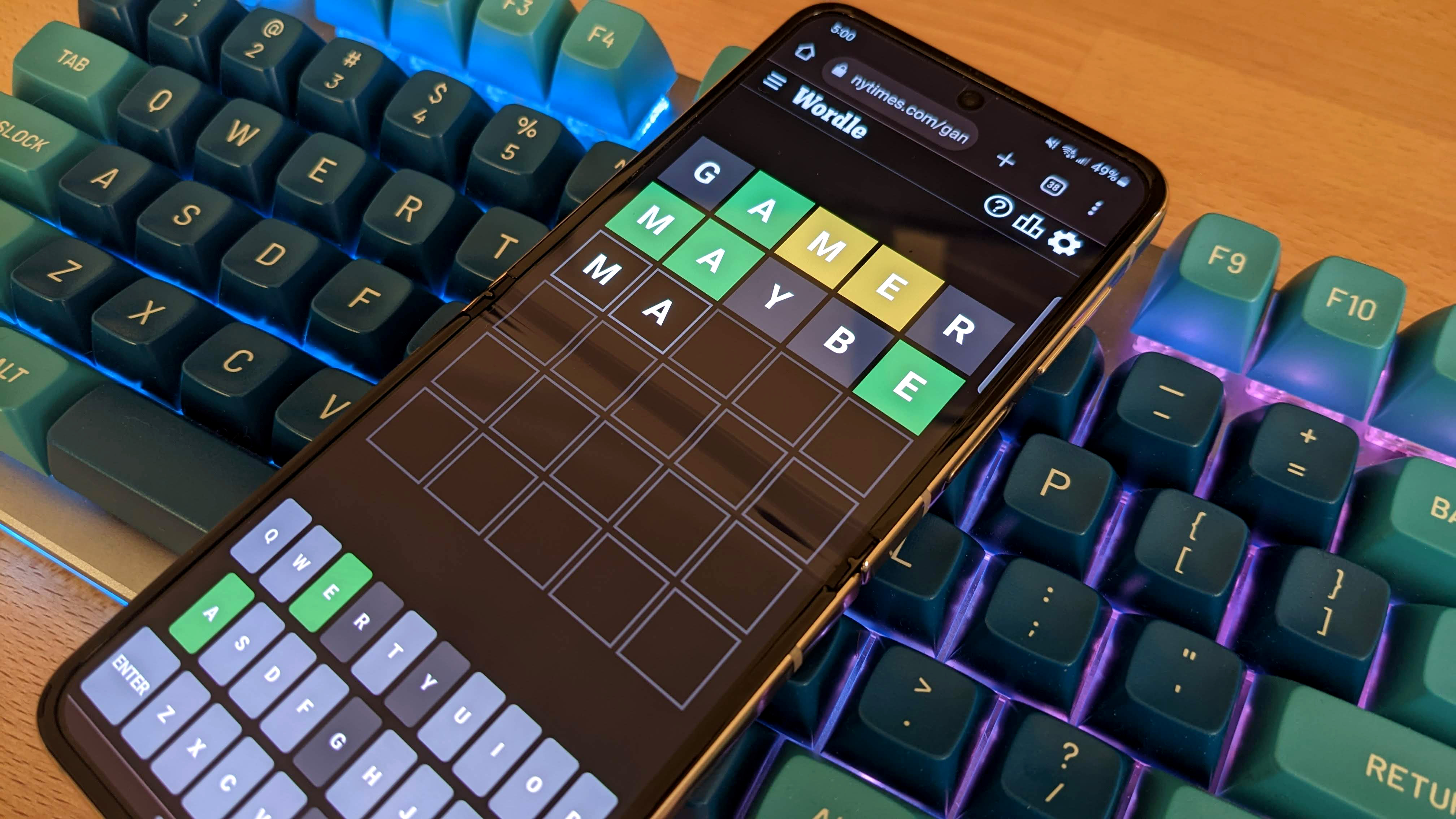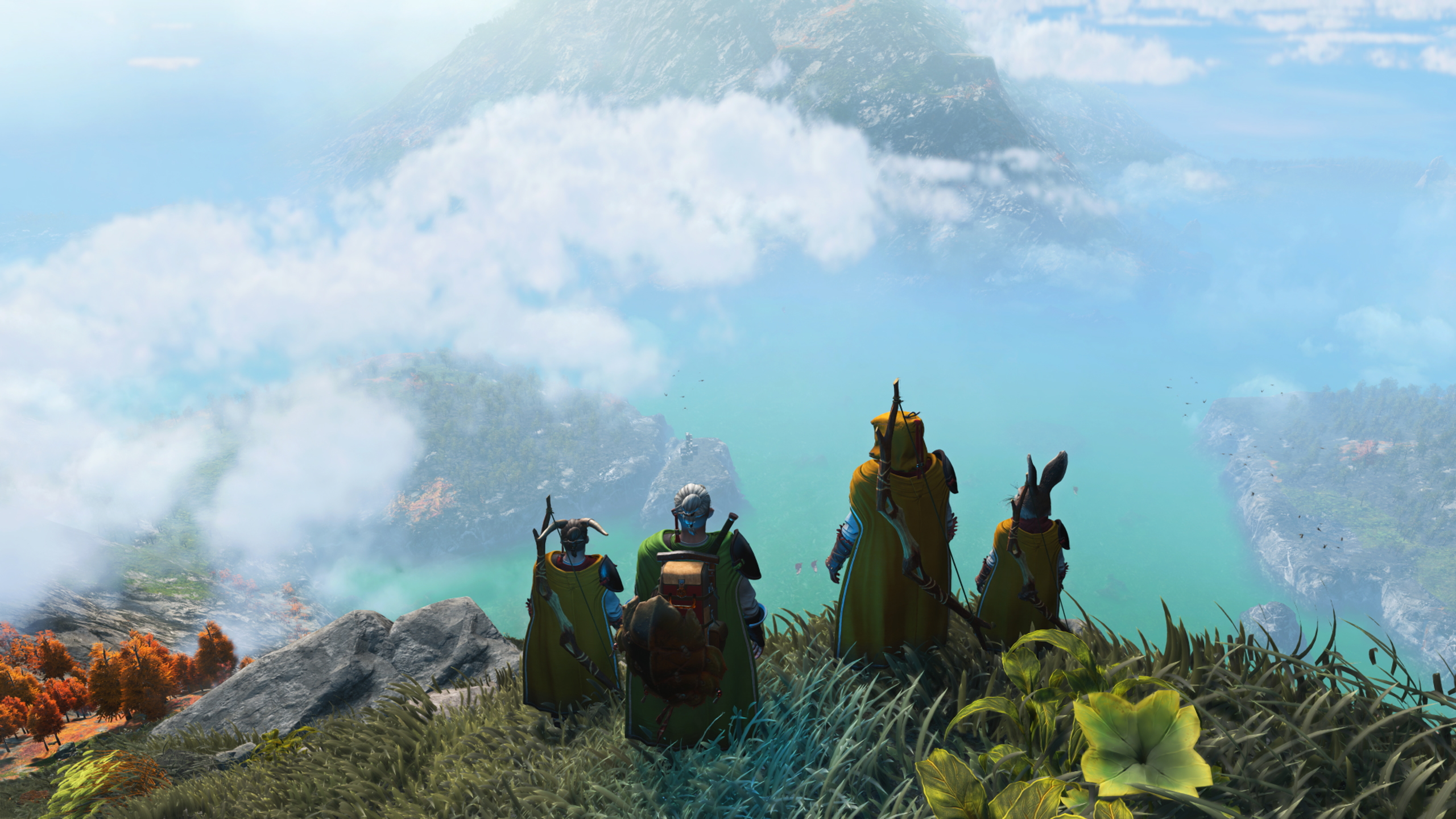
Best Dueling Card and Board Games (2024)
Modern board games are replete with titles where players compete in isolation to optimize their own approach to strategy, or even work together to beat a goal set by the game itself. And it’s great we have that kind of diversity to enjoy. But there are times when all you really want to do is sit down with a friend and tear metaphorical chunks out of each other through the medium of board gaming. And, thankfully, the genre of duelling games which perfectly serves this desire is thriving just as well as its cooperative siblings, with dozens of great examples to choose from. Here’s a dozen of the top tiles.
Magic: the Gathering
Let’s start with the Thorn Mammoth in the room, the biggest duelling game on the planet in the form of Magic: The Gathering. Despite being 30 years old, it’s still going from strength to strength. And why wouldn’t it, when it has such a gripping central set of mechanics: hoping for the right cards to come off the top of your deck, working to make the best of what you’ve got and engaging in blow and counterblow with your opponent and their minions. Getting into Magic is easier than ever thanks to the range of starter decks, like the one linked here. And if collecting and deck-building isn’t for you, you can still enjoy the game using prebuilt decks from one of its fantastic “universes beyond” incarnations, such as the excellent Lord of the Rings tie-in.
Warhammer Underworlds
Underworlds is the unsung hero of the Games Workshop family, where teams of the company’s superb miniatures duke it out on a hex board in half-hour slugfests of surprising strategic depth. While there are plenty of dice to roll and thrills to be had, a clever support and objectives system ensures that on-board planning and manoeuvre win the day. Each warband also needs a supporting deck of cards which you can either build yourself, like you do in Magic, or for faster, more casual play you can use the game’s pre-built rivals decks, trying to figure out which decks work best with which characters. With tons of decks and figures to choose from, this is fast, fun and full of variety, a real hidden gem. And if you want to venture out a little further, check out these Warhammer alternatives.
Radlands
Radlands is a post-apocalyptic lane battler, a term that might seem better suited to MOBA play than duelling games. But there’s no doubt that’s what this is: each player must protect three structures, ranging from reactors and cannons to tribal totems, by placing units in front of them which can also, in turn, attack units in their opposing lane or the building, if it’s undefended. The game economy is incredibly tight, forcing you into agonizing choices every turn over what to play, what to protect and what to sacrifice for water to power your existing units. It’s also peopled with an incredible variety of effects from a simple rule framework, and its wasted world is bought to life with some vivid cartoon artwork. Add in a clever event system that ups the tension as you watch powerful cards move towards their conclusion, and this is a ton of fun in a tiny package.
Unmatched: Cobble & Fog
The key marketing point of the Unmatched series is that it lets you take characters from across mythology and mass media and pit them in fights against one another, whether that’s Medusa facing off against Jurassic Park’s raptors or Bigfoot staring down Bruce Lee. That it offers this delightful variety using a simple three-step rules system which it mines brilliantly to differentiate all the fighters in its various sets is just the icing on the cake. It puts you in a constant bind between both attack and defence, and keeping your hand stocked with action cards while taking the fight to the enemy. Cobble & Fog is the best box in the whole line-up, featuring titans of gothic literature from Dracula to Sherlock Holmes to ensure some truly memorable match-ups.
Star Realms
We’ve covered a couple of games, like Magic, where you have to create a deck of cards from your collection before you play. But Star Realms is a deck-building game, which means you create your deck while you play, instead. You start out with a feeble deck of eight income and two attack cards, the latter of which you play to reduce your opponent’s “authority” – read, health – to try and win the game. But your income cards can be used to bolster your deck from a market of much more powerful alternatives. Many of these can be added to your tableau, providing ongoing bonuses from turn to turn, but also making them a potential target for enemy attacks. Easy to learn, fast to play but surprisingly hard to master, Star Realms takes the sometimes staid genre of deck-building and turns it into an aggressive duelling experience.
Summoner Wars
You can broadly separate duelling games into head-to-head card games like Magic, and on the board miniature games, like Unmatched. Summoner Wars tries to be both by having players play their cards directly onto the board, where they become units to command. Each player will have their own faction to play with a unique style – the linked master set comes with six such factions, from the angelic Vanguards to the deranged Cave Goblins. To win you must try and defeat your opponent’s summoner card with a mix of rank and file units, powerful heroes and one-shot spells from your deck. But there are no reshuffles, so games often come down to the wire as the last dregs of your forces duke it out for supremacy.
Mage Wars Arena
Mage Wars has one of the coolest gimmicks you’re likely to find in a duelling board game: an actual spellbook. Okay, so in reality it’s just a fancy binder with poly-pockets to hold your spell cards, but it still feels pretty special to flip through the pages while you’re decided what devastating magics you’re going to unleash to blow your opponent out of the arena. And you’d better choose wisely: you only get two spells per turn, chosen in advance, although your mage and summoned creatures can still all move and fight. It’s a fairly complex game with a lot of strategic meat to enjoy, plus a variety of mages and spells to experiment with and more available via expansions. What initially looks like a brawl will, with experience, turn into a much more strategic affair of scouting and probing as you learn to mix offensive and defensive effects alongside complementary summoned creatures in the ultimate magical duel.
Yomi
Yomi takes the concept of a duelling game to the extreme by attempting to simulate the feel of a fighting video game. While it wisely doesn’t attempt to riff on the reflexes required for such a game, it instead focuses on the way they reward combos and anticipation. Each player gets a deck unique to their fighting character and attempts to start a chain of moves using a simple rock, paper, scissors system where attacks beat throws, throws beat blocks and blocks beat attacks. Once you’ve landed a blow, you can then attempt to chain it into a powerful combo, but only if you’ve got the right cards. With special powers on both cards and characters and a wealth of additional fighters to add to the linked starter set, Yomi is both a simulation and a stand-alone genre in its own right.
Smash Up
Like our earlier entry Unmatched, Smash Up is a genre blender where you pick two disparate deck from a wide selection, say Pirates and Dinosaurs, and use them together to smash your opponents off the map. On your turn, you play action and minion cards from your hand, with each minion being assigned to a base. When there are enough minions on a base, it gets scored, with players getting points depending on how much minion power they’ve accumulated at that base. Of course, most cards have additional effects to enliven the game, with plenty of chaos, confusion and take that as befits a game where half the fun comes from the ridiculous team-ups you can create from the different factions. There are eight in the starter set plus many more you can pick up in expansions and, unlike most of the other games on this list, it will play with more than two.
Onitama
While Onitama is said to depict a clash between two martial arts schools, in reality it’s a head-to-head abstract with all the direct interaction and meaty strategy that supplies. It’s very simple: each player has a master and four students on a five by five grid. To win, you must either capture your opponent’s master or move yours into the middle space at their board end. You start with two random cards that depict moves for your pieces, and you choose a piece, move as the card depicts and then swap it with one in the middle, which your opponent will pick up next turn. This gives it both a variable starting setup to stop it getting stale, but also means it’s rich in strategy due to non-randomness. That makes victory all the sweeter and defeat all the more galling because it’s all on your skills and choices, cranking up the tension for each quick exchange of moves.
Godtear
Despite its amazing miniatures, Godtear looks a lot like a typical skirmish game if you just glance at the board with its hex spaces and objective markers. However, it has an unusual mechanical structure that makes it fascinating to play. First, it has a peculiar turn structure where each player gets to activate all their models in a scrum for position and claim objectives, followed by a more typical model by model activation where you dish out the pain. This rewards advance planning and risk-taking as you have to take objectives before you can be sure to hold them. Second, each turn of the game offers more points to the winning faction, meaning you can strategically time your plays across the whole course of the encounter, either trying to close it out early or save your firepower for a big swing turn at the end. In common with many other games on the list there are lots of expansions available, adding more of those sweet models to your collection.
Blitzkrieg!
Promising to let you re-fight World War 2 in 20 minutes is a bold claim, but Blitzkrieg manages to fulfill its promise admirably. The board is a series of tracks, each representing a different theatre of the conflict. Players take turns placing armies, navies and air force tokens from a randomly-drawn selection into appropriate spaces, shifting that theatre’s track toward their advantage. Force placement also nets you cool bonuses like special weapons or the ability to shift other tracks to your advantage. Win enough campaigns across the different theatres, and you’ll win the war, sometimes in even less than 20 minutes! It’s a smart design that gives you the very basics of combined arms conflict is a simple, enjoyable and surprisingly replayable package.
Matt Thrower is a contributing freelance board game and video game writer for IGN. (Board, video games, all sorts of games!)







